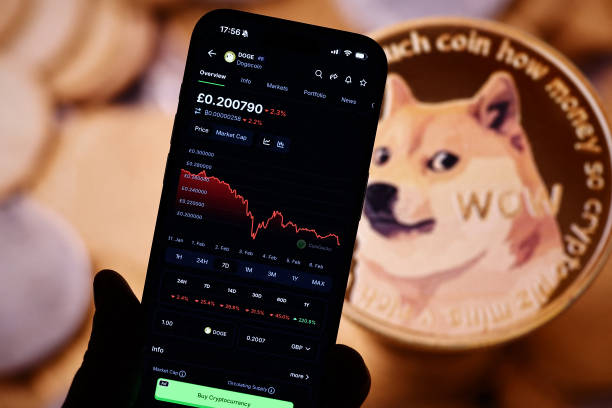TradeSanta describes itself as an automated trading platform designed to make crypto trading accessible to everyone. Its powerful, but easy-to-use interface, enables traders of all experience levels to benefit from deploying trading bots on their behalf.
The platform has Bitcoin, Ethereum, and over a hundred other trading bots already operational on exchanges like Binance, Huobi, OKEX, HitBTC, Binance U.S., and most recently, Coinbase Pro.
TradeSanta anticipates that the integration with Coinbase Pro will expand its user base to include some of the exchange’s 56 million traders.
“TradeSanta’s bots take automated trading one step further. Thousands of traders already rely on the TradeSanta platform to catch market movements 24/7. Now they have a chance to push their strategies even further and make the most out of automated trading with the CoinbasePro exchange,” said the project representative.
The long and short of automated trading
In the 24/7 ever-evolving market that is cryptocurrency, automated trading platforms provide crypto traders with the opportunity to maximize their earning opportunities without needing to continuously monitor their positions.
Traders can create an access point on TradeSanta after receiving an API key and secret key from their exchange accounts. They can then choose a trading pair and determine the setting and direction of the trade after looking at data and price graphs provided by the platform.
Traders will also need to ensure that they have enough base and quote currency in their accounts before entering a position. For instance, when trading a BTC/USDT pair, BTC is the base currency and USDT is the quoted currency. The short bot will sell for USDT and buy the same amount back once the price is lower. Meanwhile, the long bot will buy BTC with USDT and sell it later for a higher price.
After choosing a trading pair and direction, the next step is to decide on a bot strategy – Grid or DCA.
The Grid strategy takes advantage of the scenario where a cryptocurrency’s price drops and fluctuates for some time before bouncing back. After placing the first buy/sell order, the bot places extra orders if the price goes contrary to the bot’s direction. For each order placed, the trading bot places a “Take Profit” order.
Like the Grid strategy, the DCA strategy also operates on the principle of falling and fluctuating crypto prices. With the DCA strategy, the trading bot places extra orders if the price goes against the bot’s direction. However, in this case, only one “Take Profit” order is placed, thereby reducing the target sell price as a result of an overall lower average purchase price.
Risk management with robots
According to TradeSanta, the biggest advantage of automated trading is “its emotionless nature.”
Still, managing risk settings plays an important part in minimizing potentially large losses. Besides specifying the maximum volume a bot can trade on their behalf, traders can also utilize some of TradeSanta’s tools like Stop Loss, Trailing Stop, or Martingale.
Additionally, they can test their trading bots by deploying hypothetical positions in a simulated environment to see how they would fare in the real world.
For less experienced traders, TradeSanta publishes a list of daily top-performing bots to draw inspiration from. Meanwhile, hardcore technical analysts can program their bots to enter positions only when it receives a signal from an indicator of choice. TradeSanta offers three popular indicators to choose from MACD, RSI and Bollinger bands, as well as preset signals based on the TradingView screener, and you can also connect your custom signals on TradingView to TradeSanta bots via webhooks.
At the end of the day, a trading bot is merely a piece of software that executes a trade the way it has been set up.
As TradeSanta explained: “The key to a profitable bot is having a strategy and realistic settings and keeping an eye on the market.”
Disclaimer. Cointelegraph does not endorse any content or product on this page. While we aim at providing you all important information that we could obtain, readers should do their own research before taking any actions related to the company and carry full responsibility for their decisions, nor this article can be considered as an investment advice.









